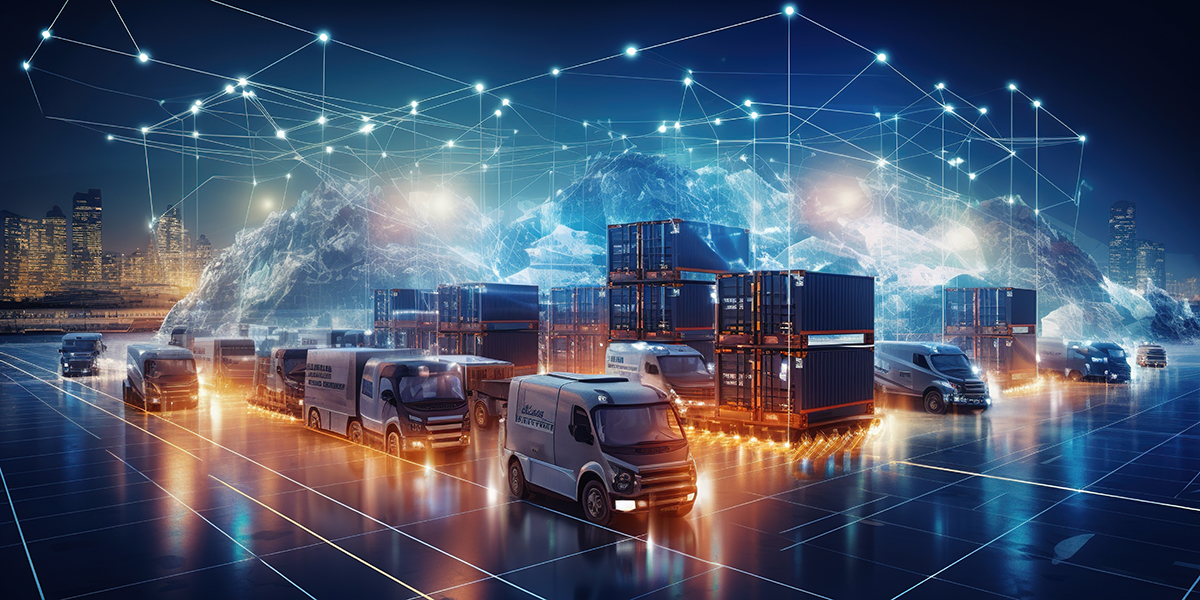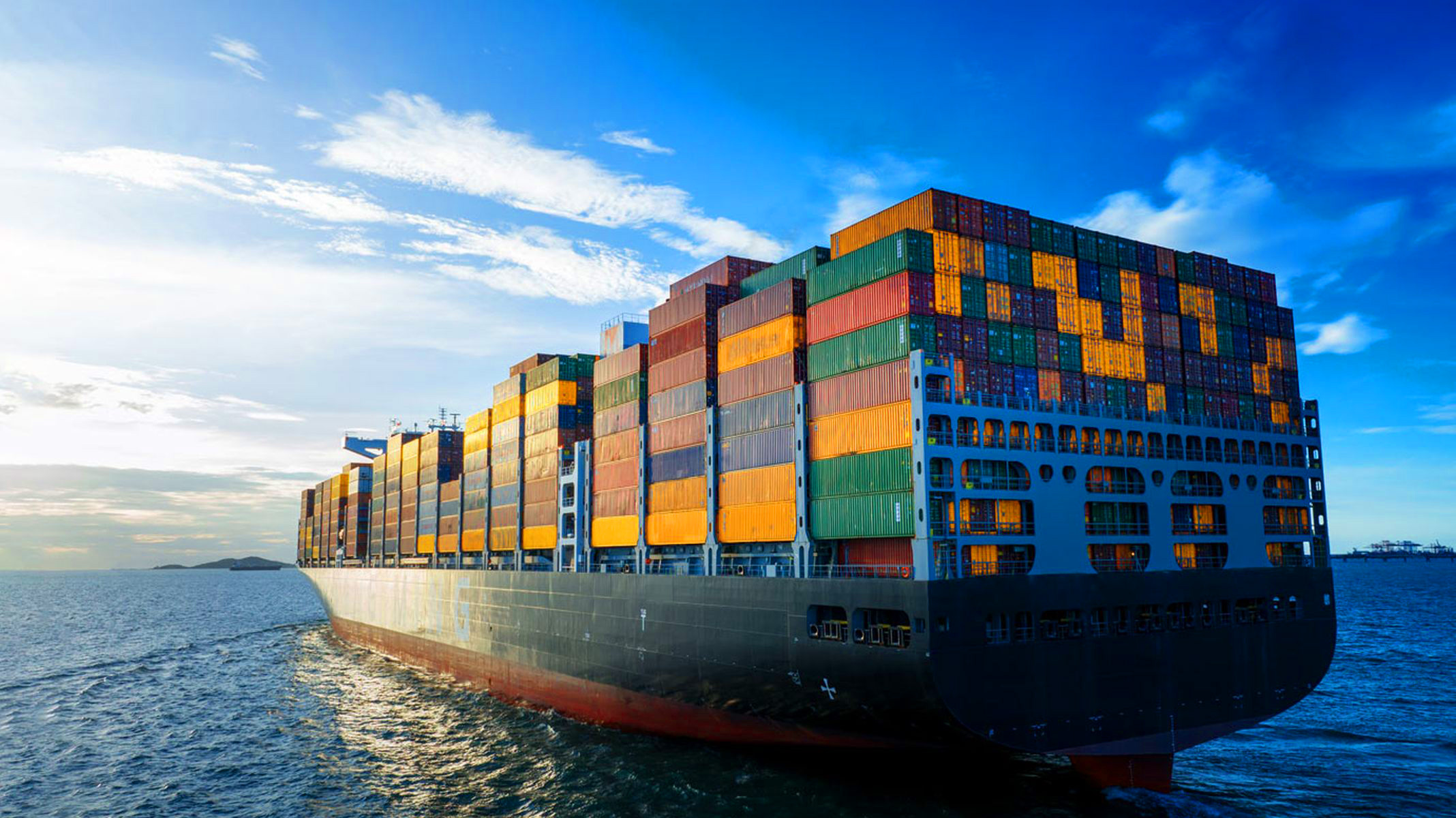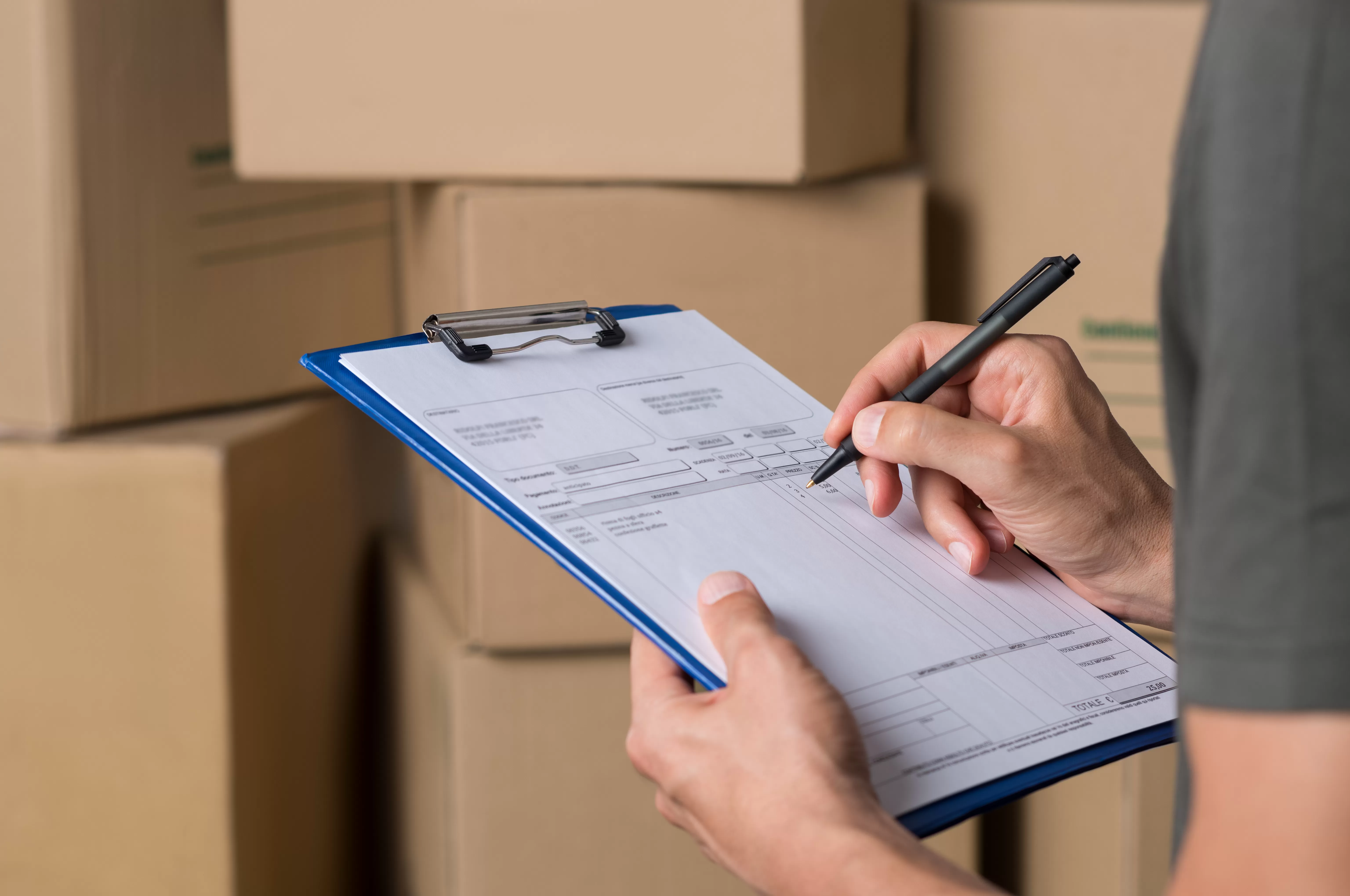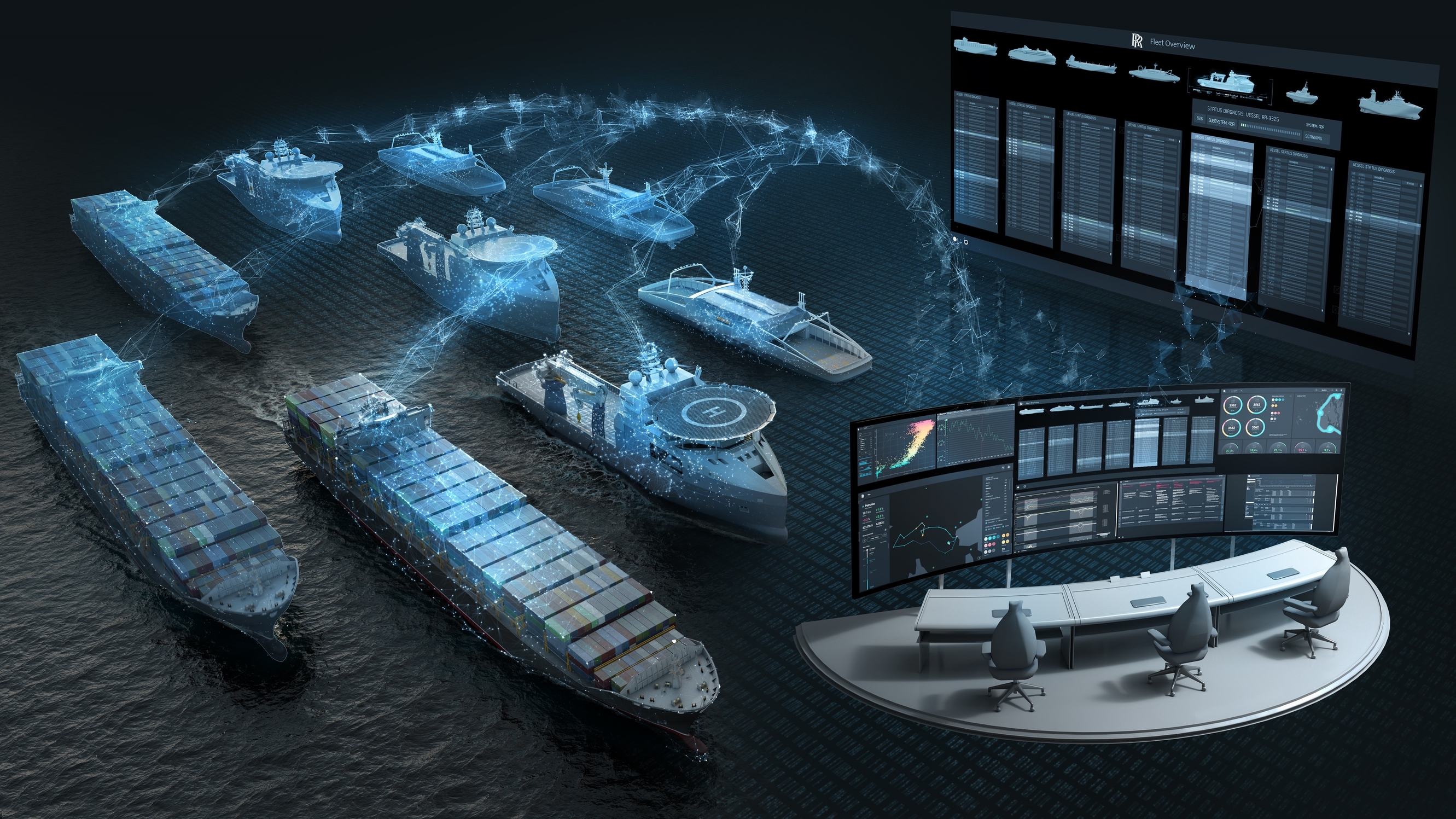AI in Logistics: The Future of Smarter, Faster, and More Efficient Freight Management
Staying ahead in logistics isn’t just about speed—it’s about working smarter with AI. Efficiency, accuracy, and automation are no longer optional; they’re the backbone of a thriving freight business. That’s where AI-Powered Logistics Software steps in, revolutionizing the way companies manage shipments, optimize routes, and make data-driven decisions.
With AI, businesses can predict delays before they happen, adjust routes in real time, and automate tedious manual tasks. From enhancing supply chain visibility to reducing operational costs, AI is turning complex logistics challenges into opportunities for growth. Whether it’s improving fuel efficiency, optimizing warehouse management, or ensuring compliance with global regulations, AI-driven logistics solutions are reshaping the industry.
The future of freight isn’t just about moving cargo—it’s about moving forward with AI-powered intelligence, precision, and speed.
What is AI Logistics Software?
AI logistics software leverages artificial intelligence, machine learning, and predictive analytics to streamline freight forwarding, warehousing, and supply chain management. By automating key processes, it reduces manual workload, improves accuracy, and minimizes operational costs.
Top 10 AI Logistics Software Solutions
1. CargoNet
- Duplicate Invoices – Charging twice for the same shipment.
- Incorrect Freight Charges – Overbilling due to incorrect rates or hidden fees.
- Ghost Shipments – Billing for shipments that never occurred.
- Unauthorized Access – Internal fraud or cyber threats altering invoice data.
- Misclassification of Freight – Inflated costs due to incorrect shipment categorization.
2. ClearMetal
ClearMetal utilizes predictive analytics to enhance supply chain visibility, helping companies improve forecasting and reduce delays.
3. Freightos
Freightos provides AI-powered real-time shipment tracking and predictive ETA analytics to improve logistics efficiency.
4. FourKites
FourKites provides AI-powered real-time shipment tracking and predictive ETA analytics to improve logistics efficiency.
5. Flexport
Flexport AI-driven platform automates freight forwarding operations, enabling data-driven logistics planning and optimization.
6. Fishbowl Inventory
Fishbowl Inventory boosts warehouse efficiency by automating supply chain processes with AI. It’s a great solution for businesses using QuickBooks.
7. Lamasoft (Coupa Supply Chain)
Llamasoft uses AI for intelligent supply chain design, helping logistics providers optimize routes and warehouse management.
8. Shipwell
Shipwell is a freight management platform that optimizes carrier selection and shipment tracking. It streamlines logistics operations, enhancing efficiency and visibility in supply chain management.
9. Descartes MacroPoint
Descartes MacroPoint provides AI-driven real-time tracking and predictive analytics for logistics and transportation management.
Turvo AI-powered collaboration platform improves logistics efficiency by connecting shippers, carriers, and brokers in real-time.
AI-driven logistics platforms analyze historical data and market trends to predict demand fluctuations. This enables freight companies to plan inventory levels and optimize shipping schedules proactively.
AI logistics software identifies the most efficient routes by considering factors such as traffic patterns, weather conditions, and fuel consumption. This leads to reduced delivery times and cost savings.
AI simplifies the freight quoting process by analyzing past pricing data, carrier availability, and market trends. It generates accurate and competitive freight rates within seconds.
With AI-powered tracking systems, logistics providers can monitor shipments in real-time. Customers receive timely updates, enhancing transparency and trust.
AI algorithms detect anomalies in financial transactions, shipment records, and compliance documents to prevent fraud and unauthorized activities in freight operations.
- Issue cargo receipt and arrange pick-up
Automated freight audit software ensures accuracy in invoicing, identifies billing discrepancies, and speeds up payment processing, reducing revenue leakage.
- Smart Warehouse Management
AI-driven warehouse management systems optimize inventory storage, automate order fulfillment, and improve overall warehouse efficiency.
- Enhanced Customer Experience
AI chatbots and virtual assistants provide instant customer support, answering queries about shipments, rates, and logistics services.
Future of AI in Logistics
The adoption of AI in logistics is expected to grow exponentially, with advancements in autonomous vehicles, robotic process automation (RPA), and AI-driven supply chain optimization. Companies that invest in AI logistics software will gain a competitive edge by improving efficiency, reducing costs, and enhancing customer satisfaction.
Ready to transform your logistics operations with AI?
Contact us today to explore AI-driven solutions that optimize your freight management process!
Contact us today to explore AI-driven solutions that optimize your freight management process!















